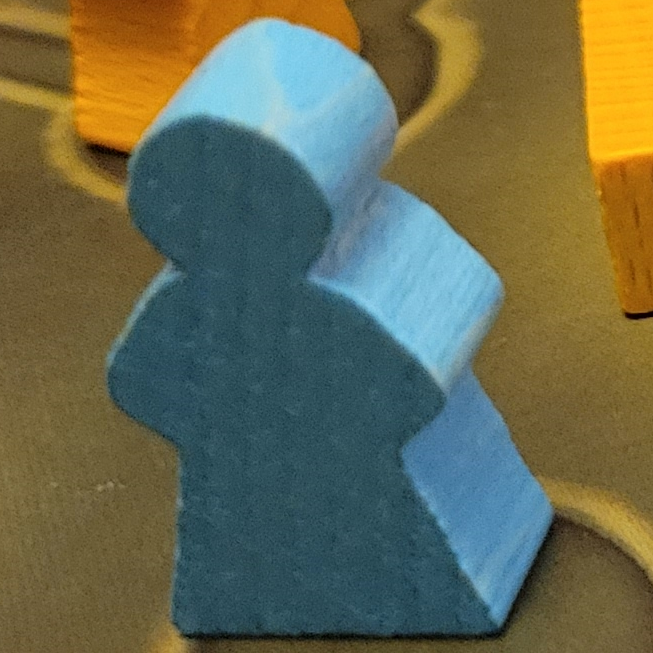

To be fair, I’m old enough to have been taught cursive, I can read cursive, but it’s a pain in the ass to do so and even correct cursive can sometimes take serious effort to decipher— then you get into potentially messy cursive which is an order of magnitude worse. Cursive was made to be fast to write, not easy to read, and this just isn’t something that’s really needed much anymore. Writing things that aren’t meant to be read just seems entirely counter to how we do things these days.
Not that I hate cursive per se, or think that no one should learn it. It does teach good fine motor skills, it also teaches good letter flow and stroke order which can make deciphering even print handwriting easier, not to mention it can look cool and develop your signature better.
But I do hate trying to read cursive in those rare instances that someone writes something long in it, like a letter. I feel like it’s obnoxious, bordering on disrespectful.
Man… that’s a cultural shift from even just a half century ago…








Sounds like London is a comparatively nice place to live in WoD land. Huh. Pity it takes a surveillance state to get it.